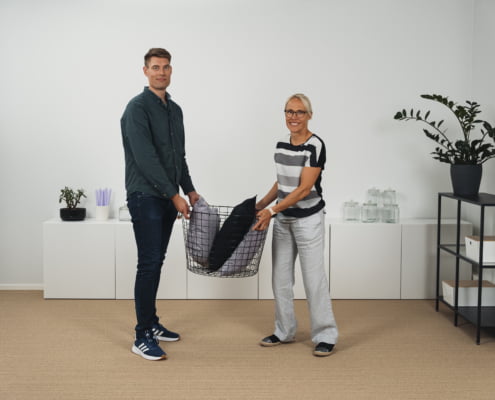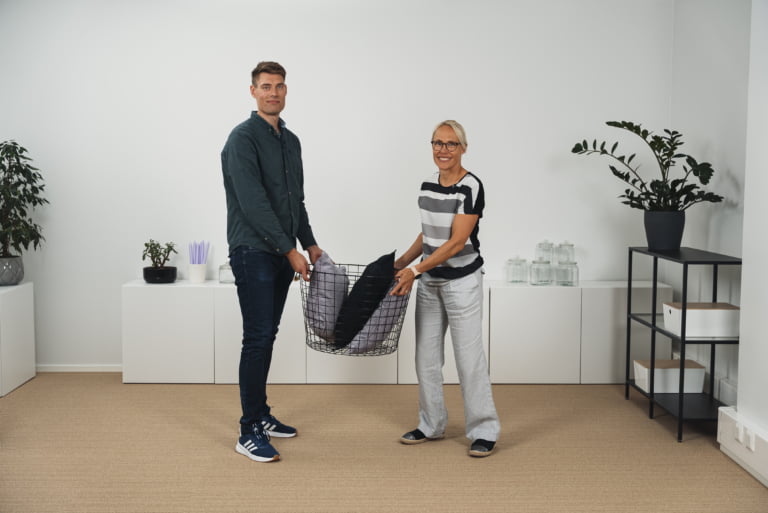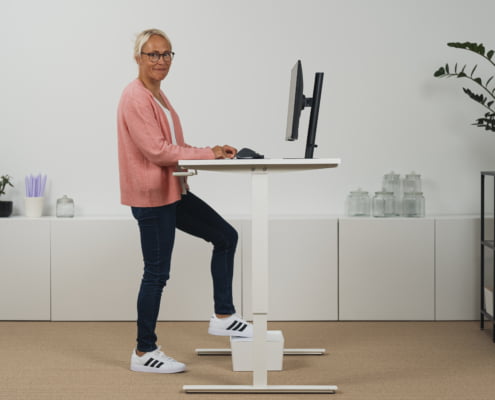The experts for this article are Occupational Health Physiotherapists Pirita Miettinen and Mikko Suominen
 https://cuckooworkout.com/wp-content/uploads/2024/09/Cuckoo-Mehilainen-51-scaled.jpg
1710
2560
emmi
https://cuckoo.fi/wp-content/uploads/2022/10/cuckoo.svg
emmi2024-10-01 15:31:522025-01-03 16:25:36Five Tips from Mehiläinen’s Occupational Health Physiotherapists for Improving Physical Well-being in Retail and Customer Service Jobs
https://cuckooworkout.com/wp-content/uploads/2024/09/Cuckoo-Mehilainen-51-scaled.jpg
1710
2560
emmi
https://cuckoo.fi/wp-content/uploads/2022/10/cuckoo.svg
emmi2024-10-01 15:31:522025-01-03 16:25:36Five Tips from Mehiläinen’s Occupational Health Physiotherapists for Improving Physical Well-being in Retail and Customer Service Jobs





